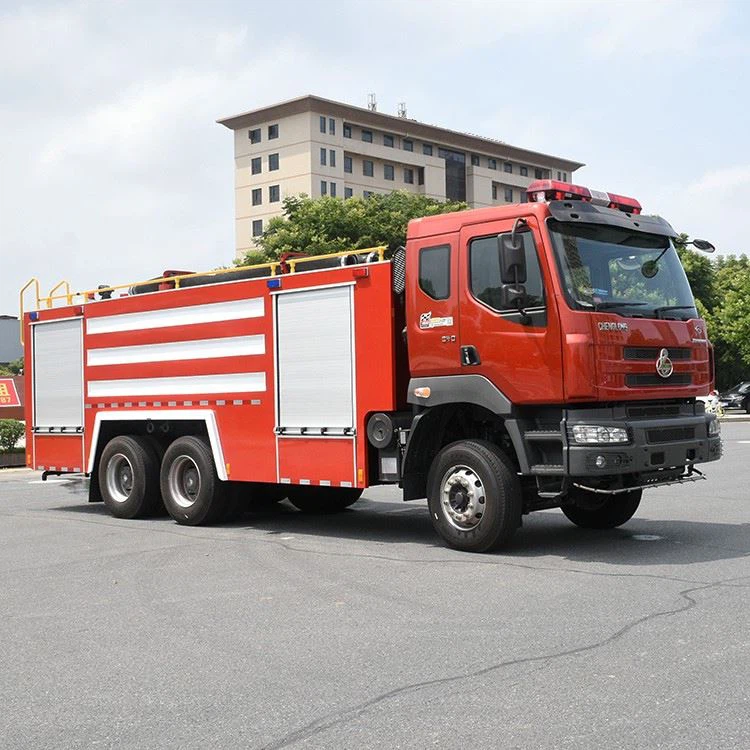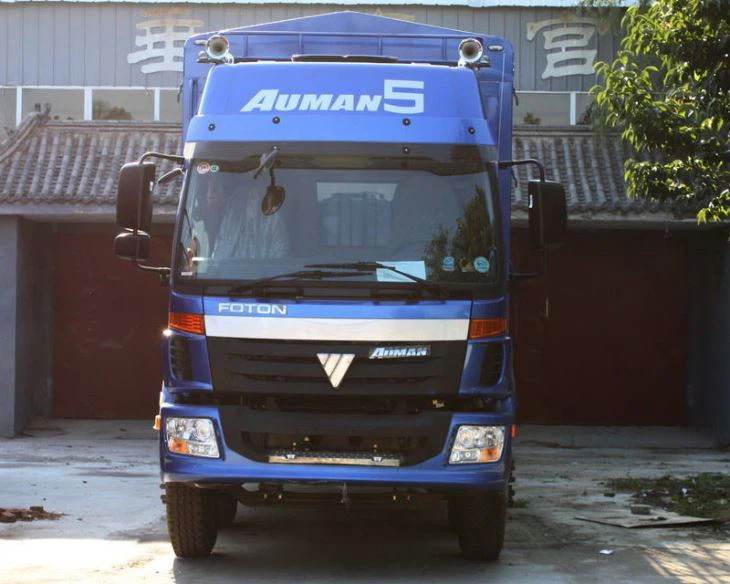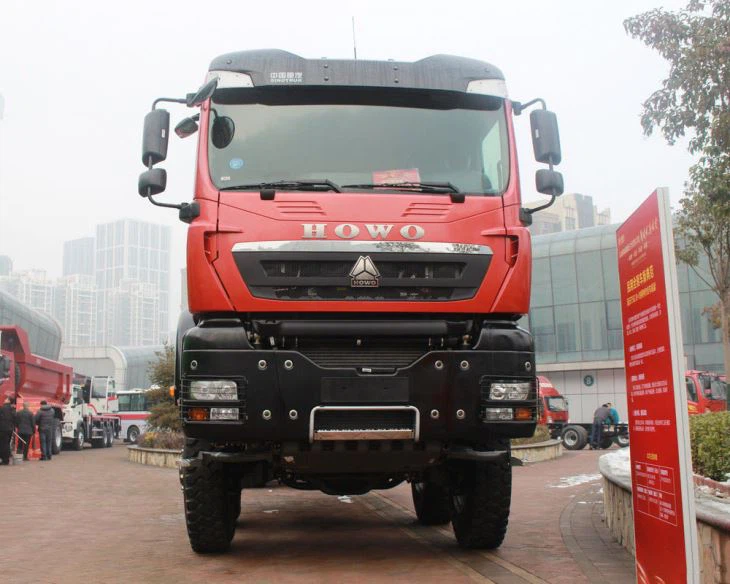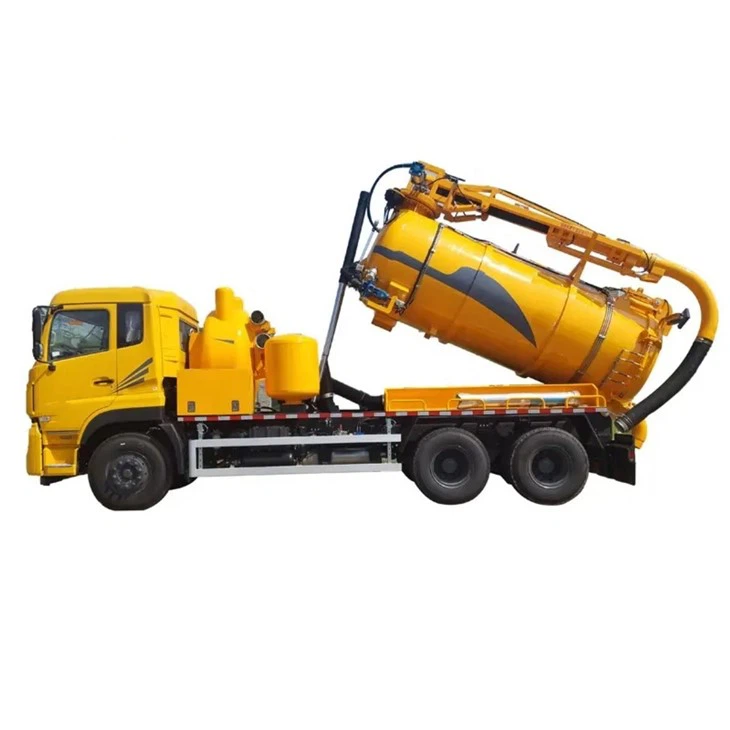Vactor vacuum trucks are essential vehicles in various industries, designed to handle wet and dry material and to perform various tasks such as cleaning, excavation, and waste management. This article explores the different facets of Vactor vacuum trucks, their functions, benefits, and practical applications in various sectors.
What is a Vactor Vacuum Truck?
A Vactor vacuum truck is a specialized vehicle equipped with a powerful vacuum system that can suction liquids and solids. These trucks are mainly used for cleaning and maintaining sewer systems, catch basins, and other drainage systems. They are also vital in industrial settings for removing debris, sludge, and hazardous materials.
The Mechanism of a Vactor Vacuum Truck
The operation of a Vactor vacuum truck involves a few crucial components:
- Vacuum System: Creates a suction effect to draw in materials.
- Holding Tank: Collects the materials suctioned in, typically constructed of durable materials for easy emptying.
- Hydraulic System: Powers different components of the truck, including the boom and vacuum hose.
- Dump System: Disposes of collected materials efficiently.
Types of Vactor Vacuum Trucks
1. Combination Trucks
Combination trucks integrate both vacuum capabilities and high-pressure water jets, making them versatile. They can clean and remove debris simultaneously, which is particularly effective in sewer cleaning and maintenance.
2. Hydro Excavation Trucks
Hydro excavation trucks utilize high-pressure water to break up the earth while vacuuming it up. This method is less invasive than traditional excavation techniques and is useful for sensitive areas.
3. Plugged Drain Cleaning Trucks
These trucks are equipped with specialized tools designed to tackle plugged drains and sewer lines, providing solutions to common plumbing issues.
Applications of Vactor Vacuum Trucks
1. Sewer and Drain Cleaning
Sewer maintenance is one of the primary uses of Vactor vacuum trucks. They are employed to clear blockages, remove accumulated debris, and inspect sewer lines effectively.
2. Industrial Cleaning
Vactor trucks are pivotal in cleaning industrial facilities, as they can swiftly vacuum up sludges, liquids, and other materials from manufacturing plants, chemical facilities, and industrial sites.
3. Hydro Excavation
In construction and utility works, hydro excavation minimizes the risk of damaging underground utilities. It is used to expose buried lines safely.
4. Environmental Cleanup
Vactor vacuum trucks play a significant role in environmental cleanup efforts, including oil spill remediation and hazardous waste removal.
5. Municipal Services
Municipalities utilize Vactor trucks for regular maintenance of streets, parks, and public areas, ensuring that catch basins and storm drains remain clear.
Benefits of Using Vactor Vacuum Trucks
1. Efficiency
Vactor vacuum trucks can handle large volumes of debris quickly, allowing for faster project completion and reduced labor costs.
2. Safety
These trucks minimize the need for manual labor in potentially hazardous situations, reducing worker injuries and other safety risks.
3. Versatility
With multiple attachments and capabilities, Vactor vacuum trucks are adaptable to various types of jobs, making them valuable assets in diverse sectors.
4. Environmental Compliance
The ability to remove waste sustainably aids companies in complying with environmental regulations, ensuring they are less likely to incur fines.
Choosing the Right Vactor Vacuum Truck
1. Assess Your Needs
Determine the types of jobs you need the truck for, such as regular maintenance, emergency work, or construction projects. This will influence your choice of truck type.
2. Consider the Truck Size
Truck size and tank capacity are crucial. Larger tanks can hold more material but may also come with higher operational costs.
3. Evaluate Attachments and Features
Different trucks come with various attachments. Evaluate the specific features you need, such as hydraulic booms or specialized hoses.
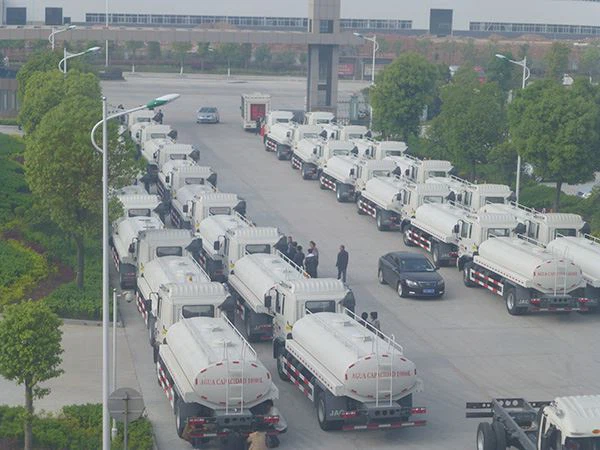
Example:
For hydro excavation, look for a combination truck with hydro jetting capabilities and a large holding tank.
4. Budget Considerations
Factor in the purchase cost, maintenance expenses, and operational costs. Determine the value that specific features bring relative to your budget.
Maintenance Tips for Vactor Vacuum Trucks
1. Regular Inspections
Conduct daily checks on vacuum systems, holding tanks, and hydraulic components to ensure everything is functioning correctly.
2. Clean the Filters
Cleaning or replacing filters regularly helps maintain suction power and prolongs the life of the truck.
3. Monitor Fluid Levels
Keep an eye on hydraulic fluid levels and change them according to the manufacturer’s recommendations to prevent mechanical failures.
4. Schedule Professional Servicing
Routine inspections by professionals can catch potential problems before they escalate, ensuring optimal truck performance.
Cost Factors for Vactor Vacuum Trucks
1. Purchase Price
The cost of a Vactor vacuum truck can range widely based on size, capabilities, and manufacturer, with prices starting in the tens of thousands and going up significantly.
2. Operating Costs
Fuel, maintenance, insurance, and labor all contribute to ongoing operational costs that should be factored into your budget.
3. Financing Options
Many companies offer financing plans. Consider leasing versus buying based on your business’s cash flow and equipment needs.
Future Trends in Vactor Vacuum Trucks
1. Technological Advancements
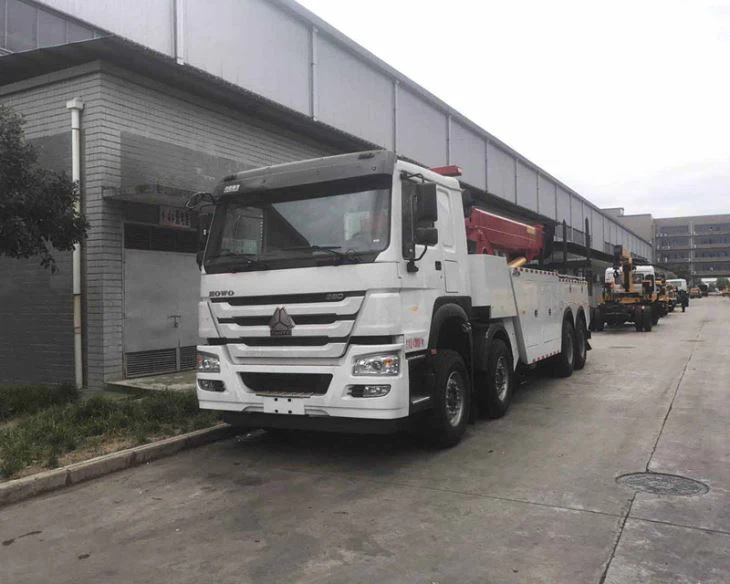
Smart technology and GPS tracking integration are becoming standard, improving efficiency and monitoring capabilities.
2. Environmental Regulations
New regulations may spur the creation of more eco-friendly trucks that minimize waste and emissions, providing companies with sustainable solutions.
3. Increased Versatility
Trucks are likely to become more multifunctional, incorporating features that allow them to perform more diverse tasks in various industries.
FAQs about Vactor Vacuum Trucks
1. What can Vactor vacuum trucks clean?
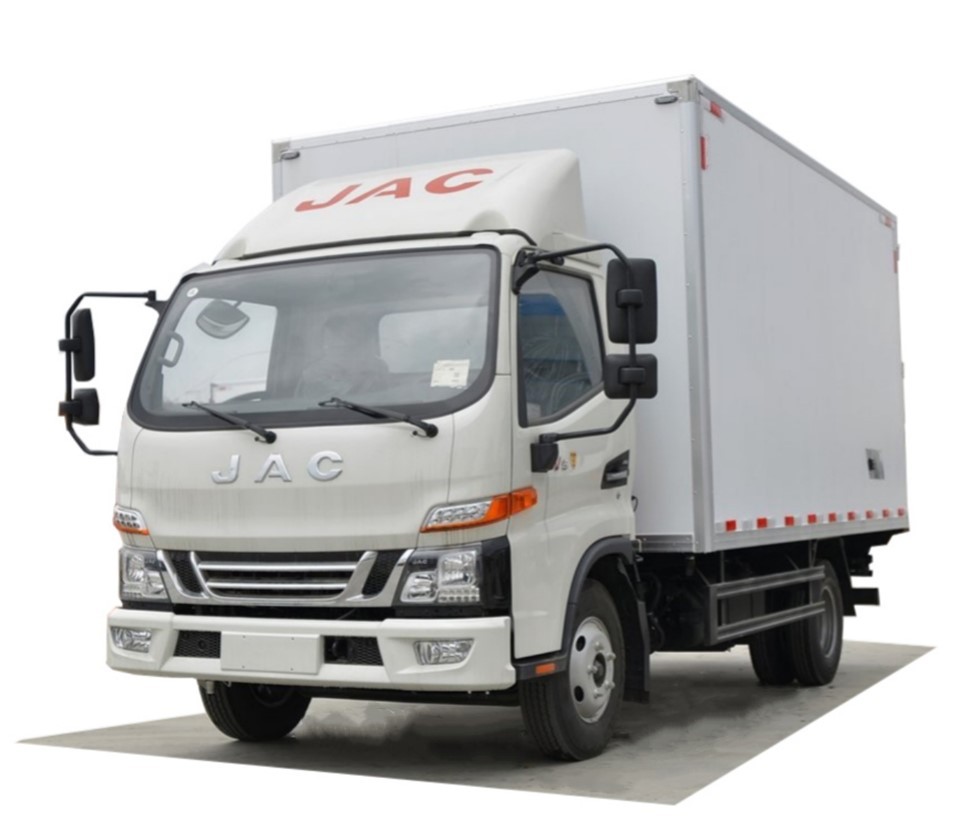
Vactor vacuum trucks can clean sewer lines, catch basins, industrial sites, and perform hydro excavation.
2. How often should Vactor vacuum trucks be maintained?
Regular maintenance is essential, with daily inspections and professional servicing recommended at least once a year.
3. Are Vactor vacuum trucks environmentally friendly?
Yes, when used properly, they help to manage waste sustainably and minimize environmental impacts.
4. Can Vactor vacuum trucks work in cold weather?
Most Vactor vacuum trucks can operate in cold conditions, but precautions should be taken to prevent freezing.
5. How large is the holding tank on a Vactor vacuum truck?
The size of the holding tank typically ranges from 1,000 to 3,000 gallons, depending on the truck model.
6. Can I rent a Vactor vacuum truck instead of buying one?
Yes, many equipment rental companies offer Vactor vacuum trucks for short or long-term rental options.
